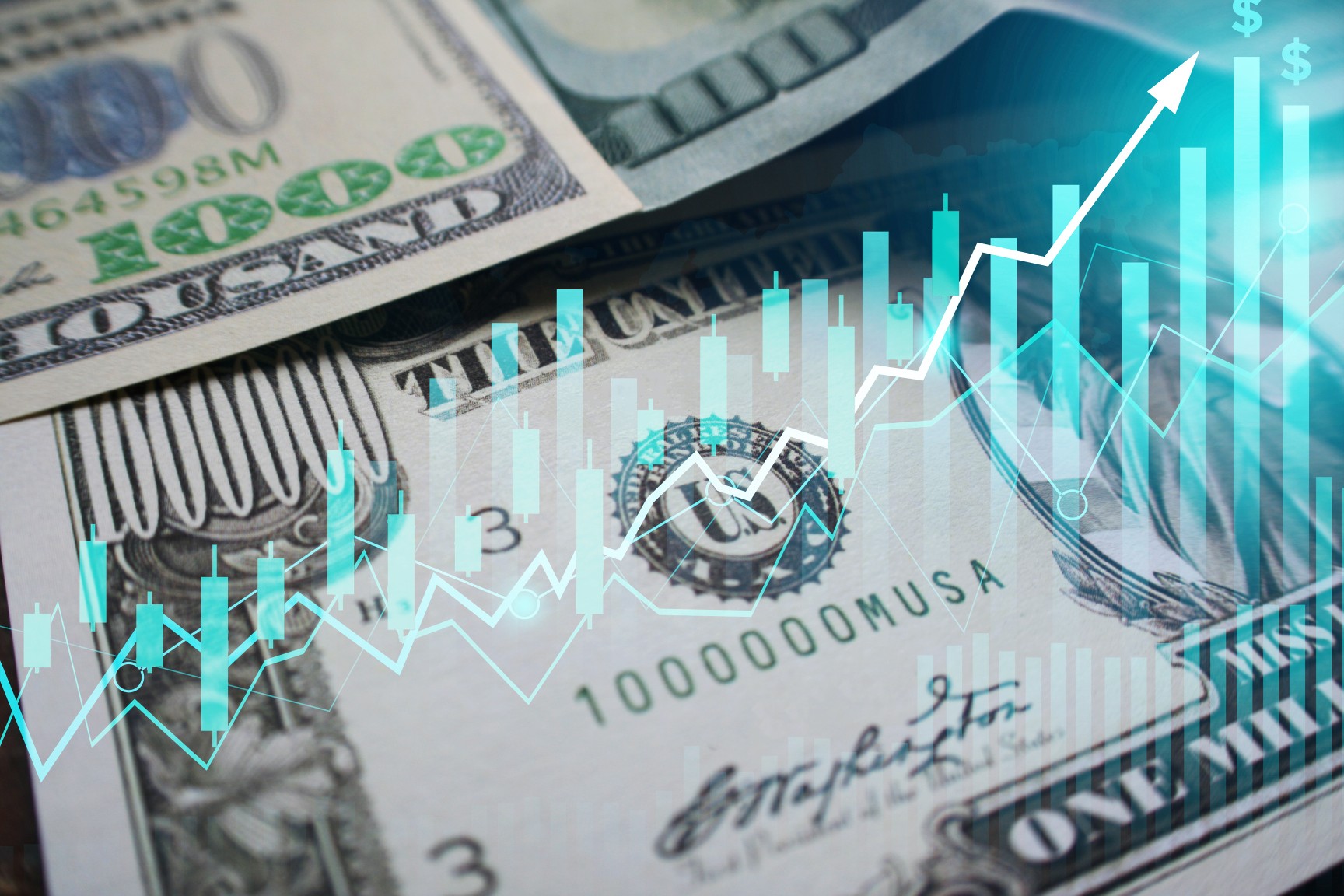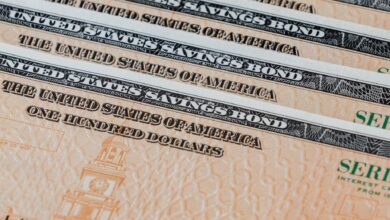The world’s ultra-rich are multiplying their richest at an astounding rate

As millions around the world became poorer over the last two years, the ultra-rich were becoming a whole lot wealthier—shockingly more so.
Just how rich they have become is astounding. The figures are revealed in a new report from Oxfam called “Survival of the Richest.”
Read More »The report comes at a time when extreme poverty and extreme wealth are both increasing at the same time. This is the first time this has happened in 25 years.
As rich as all of us put together
Check out these statistics from the Oxfam report:
• The world’s ultra rich are sitting on almost as much wealth as the other 99% of the world’s population put together.
• The richest 1% of people in the world gathered almost two-thirds of all the new riches created in the last two years.
• The wealthiest have bagged almost twice as much wealth as the rest of the world combined since 2020.
• The staggering fortune that they amassed—$42 trillion—represents almost two-thirds of all new wealth created since 2020.
• A billionaire gathered about $1.7 million for every dollar of new wealth earned by a person in the bottom 90%.
• Billionaire fortunes have grown by $2.7 billion a day over the last two years.
• The amount of riches and the number of billionaires around the world both have doubled over the last 10 years.
• Ninety-five energy and food corporations more than doubled their profits in 2022.
Beyond their wildest dreams
The super-rich have performed even better than they dared possible in their wildest dreams, says Lauren Ravon, executive director of Oxfam, Canada.
The explosion in wealth among the haves comes even as people around the world are making sacrifices daily on basics such as utility and food bills. Even as the rich become richer on food and energy, the poor become poorer in those fields.
Poverty soars
Consider the other side of the picture as presented by Oxfam.
• According to the World Bank we are likely experiencing the largest growth in global poverty and inequality since World War II.
• About one in 10 people on earth—more than 820 million people—are going hungry.
• Some 1.7 billion workers live in countries in which inflation is running at a faster rate than wage increases.
• Girls and women often eat last and eat least. They comprise almost 60% of the globe’s hungry people.
• Whole countries are facing bankruptcy.
• The poorest nations are spending four times more money in repaying debts to wealthy creditors than on health care.
The only answer: higher taxes
Oxfam says that the super-rich should be taxed considerably more if the world is to take back those gains.
The organization calls for wide-ranging and systemic increases in taxation of the super-rich.
It is time that we destroy the myth that tax cuts for the rich lead to their wealth somehow “trickling down” to the rest of us, Ravon of Oxfam Canada says.
Tax cuts for the ultra-rich over four decades have shown that a rising tide fails to raise all ships—it raises only the super-yachts, she adds.
Tax cuts drove inequality
Decades of cuts in taxes for corporations and for the richest people have powered inequality, Oxfam says.
In many countries, the poorest people suffer with higher tax rates than billionaires do.
Only four cents of every tax dollar comes today from taxes on the wealthy. Half of the billionaires around the world live in those countries that do not tax inheritance left for a person’s direct descendants.
That treasure chest of $5 trillion tax-free will be passed to their heirs. The amount is higher than the gross domestic product of the continent of Africa.
The inheritance, Oxfam says, will create a generation of aristocratic elites.
Although the income received by rich people is largely unearned because it comes from returns on their assets, it is taxed at an average rate of 18%. That figure is half the top tax rate on salaries and wages.
Taxes once were higher
Taxes imposed on the wealthy once were a lot higher. Yet over the last four decades governments across Asia, Europe, Africa, and the Americas have slashed income tax rates on the wealthiest people, Oxfam says.
At the same time, they have raised taxes on services and goods, which fall out of proportion on the poorest people.
The missing ingredient for cutting inequality and making our democracy stronger is taxing the ultra-rich, Ravon of Oxfam Canada says. This step must be taken in order to create opportunities that are equal for all.
It will enable the creation of improved public services, healthier and happier societies, and will enable us to tackle climate change more effectively.
Only 5% would help a lot
A yearly wealth tax of only 5% on the world’s billionaires and multimillionaires could amass as much as $1.7 trillion a year—sufficient to raise two billion people out of poverty, according to the Patriotic Millionaires, Oxfam, the Fight Inequality Alliance, and the Institute for Policy Studies.
Oxfam is asking governments to:
• Introduce windfall and wealth taxes to stop people profiteering from crises.
• Raise taxes on the wealthiest one percent of people to at least 60% on their income from capital and labor, with even higher rates for billionaires and multi-millionaires.
Taxes should in particular be raised on capital gains, which are subject to lower rates on taxes than those imposed on other types of income.
• Tax the wealth of the wealthiest one percent at rates that are sufficiently high to significantly cut both the wealth as well as the number of the richest people—and redistribute that wealth. That plan includes imposing property, inheritance, and land taxes as well as taxes on net wealth.
The Oxfam report was released as business and political elites gathered at the annual World Economic Forum in Davos, Switzerland.





